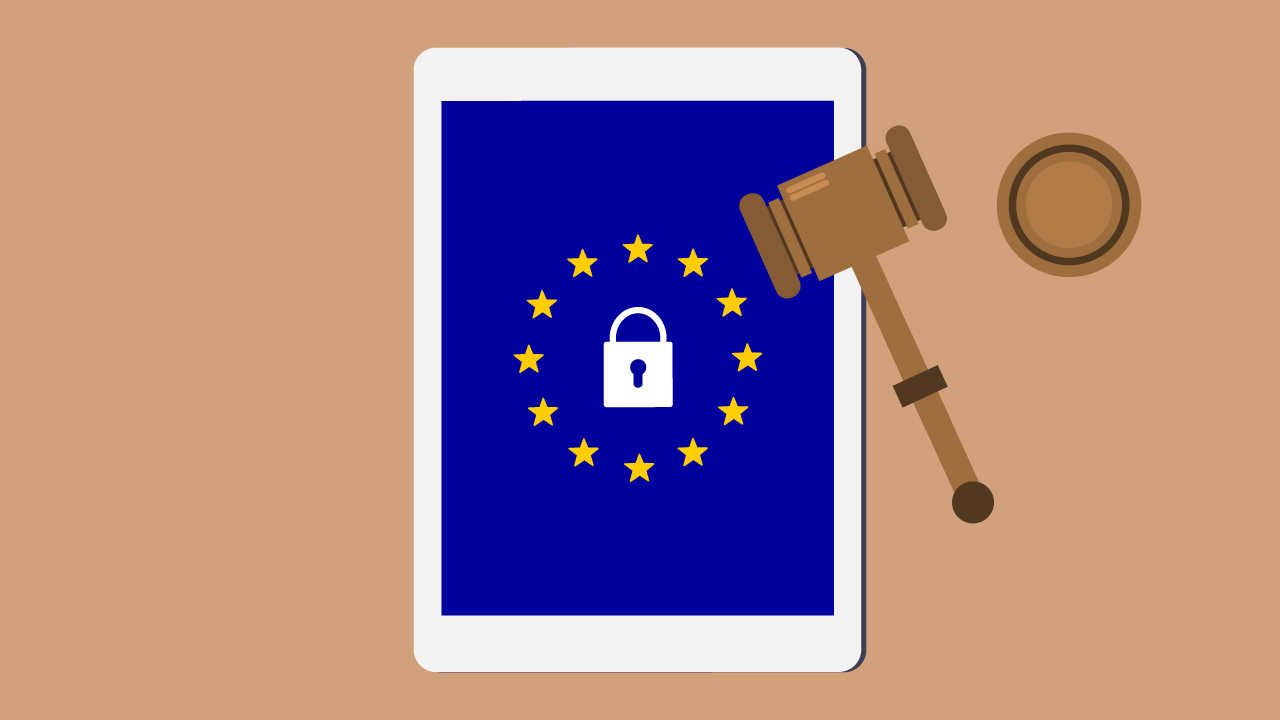The protection of personal data as a fundamental right (I)
Just a few years ago, it was nearly impossible to foresee that the personal data- that which identifies us as individuals would be invaluable. The demand for said resource is growing increasingly, at whatever means necessary to obtain it. This represents very complex challenges for its protection.
The so called “personal data merchandise” suffers an indiscriminate use as of today, to the extreme of overpassing privacy, individual and intimacy limits of each person. Often no consent is given by the user, owner of the data, before the processing of this data by any online service occurs.
Today, one of the individual’s fundamental rights is the protection of its personal data. Only with the actions and laws of each individual country, reflected later in national regulations, could one aspire to the guard of one’s identity.
What regulations guarantee the protection of personal data?
When facing this reality, the nations have stepped forward. The Charter of Fundamental Rights of the European Union, along with the Treaty on the Functioning of the European Union (TFEU), have recognized the right to the protection of personal data, that concern each citizen.
To satisfy this necessity, the 2016/679 Regulation (EU) of the European Parliament arises. This Regulation is relative to the protection of people in regard to the treatment of personal data and its free circulation.
Nevertheless, even if the European space seems to have this legislative demand under control, this necessity remains unmet in many countries, even though a not inconsiderable number of those countries already have such regulations.
When is it legal or not the use of personal data?
Usage of individual data has always responded to the necessity to allow the identification of individuals. This reality expands today with the emergence of services that use virtual space. They create an almost immeasurable environment of gathering, circulating and interchanging personal data, even with cross-border destinations. These services become a necessity in the lives of people.
Even so, these services should have the individual’s permission to expose their data. This could be expressed in several ways.
- Accepting to give the data up.
- Determining which data they want to give way.
- Accepting the purpose and objectives for which they accepted to give away their data.
- Consenting whoever performs and authorizes their use and treatment.
- Knowing the destiny that the use and management of their data will have.
The consent is that essential element that determines the use, treatment and circulation of personal data. Which means that its due respect constitutes the center of attention and the essential base of the legal treatment.
For such reason, its expression must include an affirmative and clear act that reflects a manifestation of free will, specific and informed of the person regarding the acceptance of the processing of data concerning the individual.
Current challenges in the application of regulations
At present, the transgression of this element becomes the cause of numerous processes. Among them many have started against the most powerful online services companies and social networks.
The news headlines alert about this danger. Just to mention a few:
- Brussels investigates whether Amazon uses customer data for its business strategy
- Brussels investigates Amazon for possible client and provider’s data abuse
- Google faces a sue for 5000 million for recollecting data from users in incognito mode. The complaint maintains that the Company deceives the costumers giving them a false sense of privacy
- German court blow to Facebook for abusing their domain to recollect data. The Federal Court of Justice requires social network to stop recollecting without a previous and specific agreement on personal data of users in apps like WhatsApp or Instagram
When you ignore any of the elements that determine the consent of individuals with respect to the processing of their data, you must activate administrative or judicial proceedings against those who are responsible for such acts.
Nevertheless, the use of personal data has acquired a great value in today’s economy. Therefore many prefer to take the risk of illegality to have such juicy benefits.
Some rules to legally process personal data
- The person must consent to the collection of personal data.
- People must be aware that their data is being collected, used, consulted or processed in whichever way.
- All the information and communication relative to processing data must be easily accessible and understandable, using simple and clear language.
- People must know the risks, regulations and rights relative to the processing of their data, as well as the way to enforce their rights.
- The ends of the personal data processing must be explicit and should be determined at the moment of its recollection.
- Personal data must be adequate, pertinent and limited to the strict necessary for whichever end they are being processed.
- All reasonable measures must be taken to guarantee that the data that is inexact is suppressed or rectified.
- Personal data must be handled in a way that the security and confidentiality are guaranteed.
FySelf, the first social identity network, considers every one of these elements and how it should integrate them in the services provided on its platform.
This network has as a premise the respect to the consented will of its users, guaranteeing the legality, respect and legitimacy of the data that in it. This is its real challenge today.
Did you know about the regulations that protect you in case of indiscriminate processing of your personal data on the Internet? Your experience is important: share it with us!
Featured Image: Photo by Morning Brew on Unsplash
Artículos relacionados


